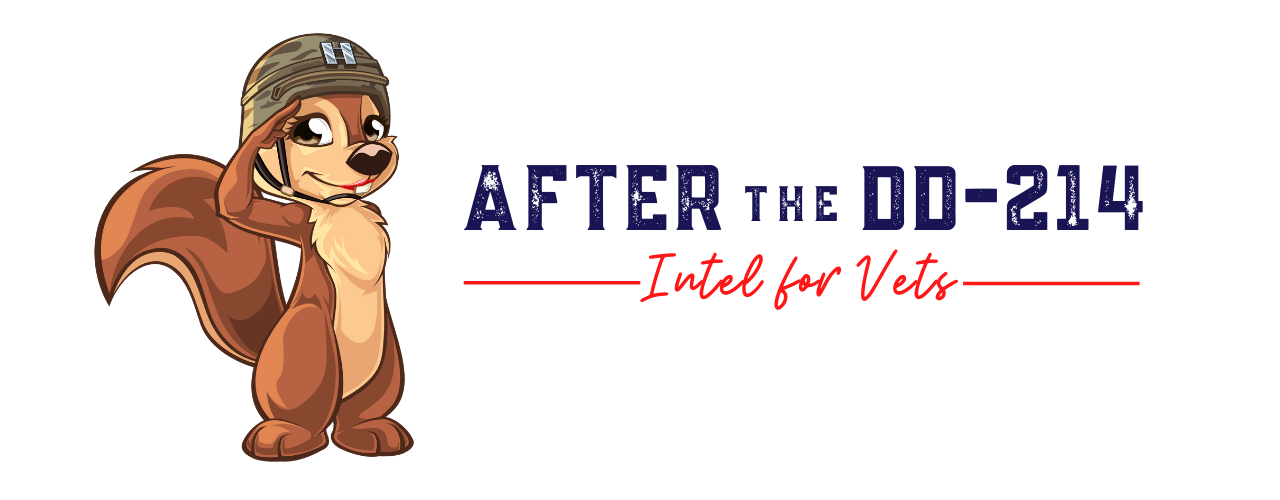This week has been about tributes and the book for this week started out as one woman’s tribute to her mother and grew into a tribute to all of the women who sacrificed, at home and abroad, during WWII.
Shortly after her mother died, Emily Yellin came across pictures and writings of her mother’s time as a Red Cross worker during WWII. Her mother, Carol Lynn, worked for much of the war on the editorial staff at Reader’s Digest while her first husband served overseas in the Navy. But, in 1945, Carol Lynn quit her job and joined the Red Cross. She was sent to the Pacific, serving on “clubmobiles,” the Red Cross’s method for providing coffee and doughnuts to the GIs and one of the most dangerous jobs for women during the war, often putting them very close to the front lines. As she began to learn more about her mother’s time in the Red Cross, she began unraveling a string that would lead her to ask greater questions about all of the women of that time, from the war brides to the WASPS to Hollywood starlets sent out on war bond campaigns. The result of her journey is Our Mother’s War: American Women at Home and the Front During WWII.
I started Yellin’s book intending to read about the WASPS, WAVES, WACS and other military women of WWII who paved the way for my own service to this country. I soon found myself lost in a world where women, who had previously been confined to the home, sheltered, taken care of, and limited, suddenly found themselves faced with new challenges. Even those who stayed close to home found themselves struggling with rationing and absent husbands, a situation that sometimes required them to move in, not always happily, with their in-laws. Even those who were unmarried found their lives changed, with their casual night at the movies with a beau suddenly a thing of the past.
But Yellin does not stop with these few glimpses into the war bride’s life that so many of us have seen in film and photos. She goes much, much deeper, into fascinating details of women who left their poor paying ($2 a week!) cleaning jobs to make $0.75 an hour as a bombshell inspector, and the freedom and self-worth that came along with this shift. And the anger and disappointment when the war ended and they were stopped at the door on the way to work, not even allowed inside, and told thanks, but we don’t need you anymore.
She takes you through the stories of Reveille Beverly, one of the first female disc jockeys, and Bette Davis and her fellow movie stars doing the dishes at Stage Door Canteens after dancing and chatting with GIs all night. She introduces you to the Varga Girls and how the Postal Service sued Esquire to get them off the covers and to Lena Horn’s fury when German POWs were given better seats at her performance than black soldiers. To the Army nurses who contracted beriberi as POWs in the Pacific and the WAACs who were subjected to rumors started by jealous men that they were loose and spreading venereal disease among the troops. To the female spies behind enemy lines and those who were locked up by the American government, to the wives of the Los Alamos scientists and those within our borders who sympathized with, and even hoped to spread, the Nazi message.
Today, almost 70 years after WWII, we are still debating whether American women should be allowed in combat, whether they should be given the same right and opportunity as their male counterparts to contribute to the defense of this nation and all that they hold dear. Meanwhile, Yellin tells a beautiful and fascinating story about the women who already did – those who did so from home, in factories, in the jungles of the Philippines or a freezing tent in Belgium, from a stage or a secret room in a building decrypting secrets they could not tell anyone about. If you haven’t read her book, you don’t know half as much as you think you do about WWII, and I promise you, you will be awed by what you don’t know.
To learn more about the book or the author, go to http://www.emilyyellin.com/ourmotherswar/html/
© 2013 – 2020, Sarah Maples LLC. All rights reserved.

1 Comment
While They're At War | After the DD-214
2 May 2014 at 18:21[…] to deploy, and coming home. While They’re At War was recommended to me by Emily Yellin, author of Our Mother’s War, and I couldn’t be more glad she […]